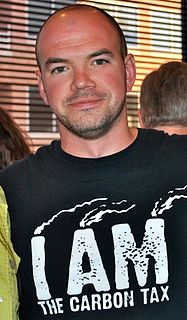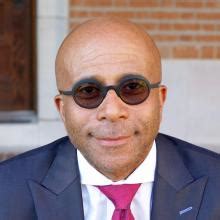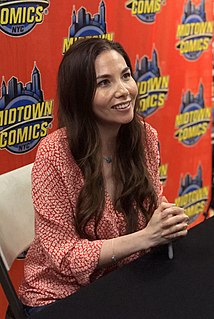A Quote by Tim DeChristopher
Religious communities have historically been designed to counteract the forces of alienation. That's why so many successful social movements have relied upon the strength of spiritual communities and a large base of their organizing has been through them.
Related Quotes
In my writing, I want to address all communities, you know. I've spent many years talking about Chicano culture, Chicano history, and at the same time, I've also been in many communities and presented my work in many communities, in many classrooms, and that's where my vision is and my delight is and my heart is.
Historically during the years of the White minority regimes, the State, the national Government held this land in trust for these communities. We said, but no, why should we do that ( return the land to the communities). We didn't say return the land to particular traditional leaders, but to the communities.
Human beings need community. If there are no communities available for constructive ends, there will be destructive, murderous communities... Only the social sector, that is, the nongovernmental, nonprofit organization, can create what we now need, communities for citizens... What the dawning 21st century needs above all is equally explosive growth of the nonprofit social sector in building communities in the newly dominant social environment, the city.
My own view - and I'm very open to hearing other perspectives - is that this movement-building needs to begin at home, in local communities. It isn't about trying to launch a brand new national party overnight. It's about people in communities coming together across lines of difference, bringing with them their movements, their families, and coming together and saying, "How can we together build a movement of movements here at home? What would that look like? What do we want to do right here in our communities?"
Historically the great movements for human liberation have always been movements to change institutions and not to preserve them intact. It follows from what has been said that there have been movements to bring about a changed distribution of power to do - and power to think and to express thought is a power to do- so that there would be a more balanced, a more equal, even, and equitable system of human liberties.
I've been going to San Diego's Comic-Con every year since 2007 or 2008. The first time I went it was an overwhelming experience because I wasn't expecting all the people; I wasn't even expecting all the joy. I came from a background where, when I was about eighteen or nineteen, I found comic-book fandom. But it was the fandom of online communities. And within those communities there was a tremendous amount of excitement and joy, but I'd never been around people in such a large group setting where this joy was pouring out of them. It was a revelation.




































